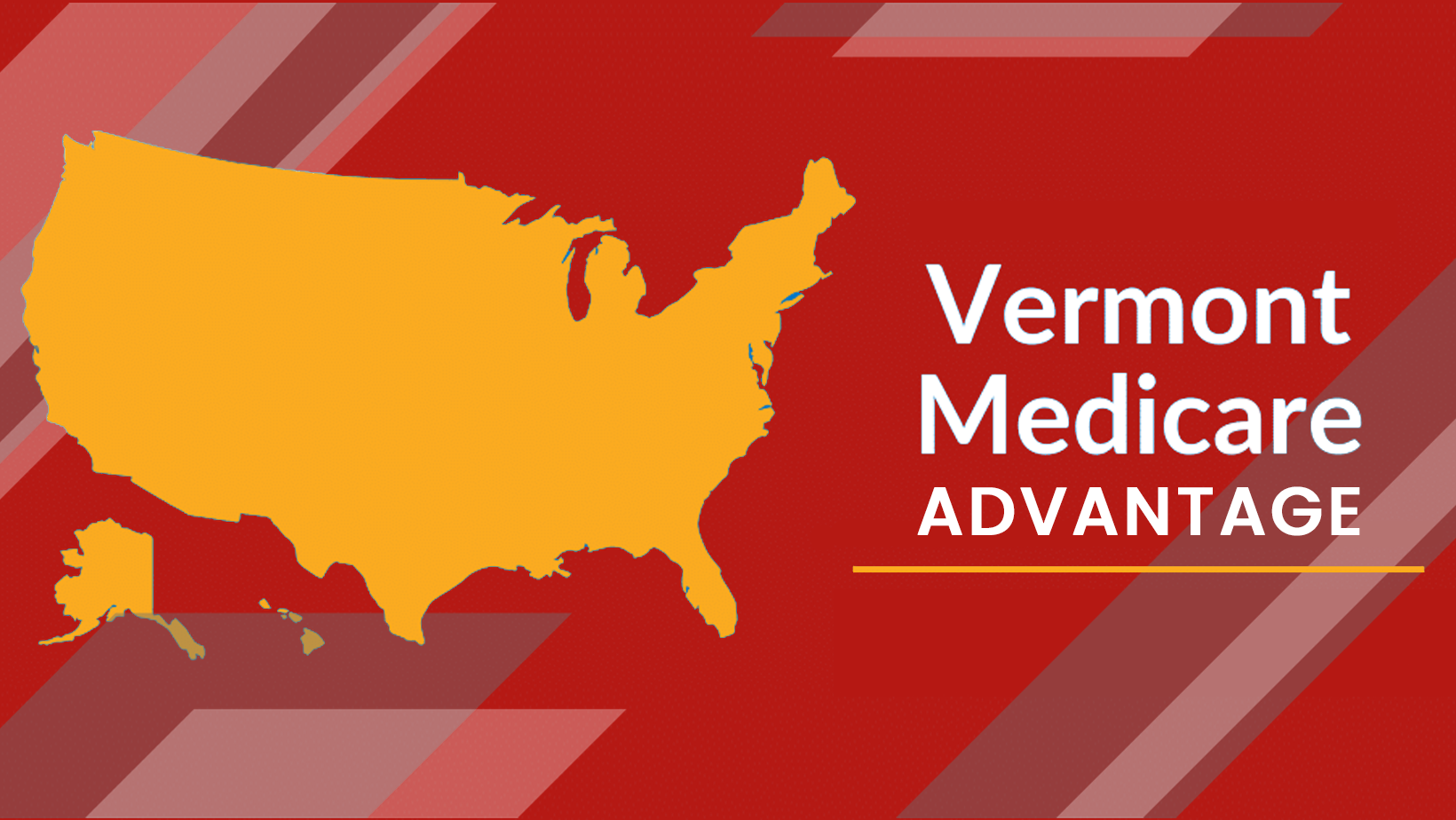Nearly All Vermont Medicare Advantage Plans Ending in 2026, Reducing Individual Options
Vermont Faces Major Medicare Advantage Shake-Up for 2026
The Medicare Advantage (MA) market in Vermont is bracing for a major disruption. New data from the Centers for Medicare & Medicaid Services (CMS) show that nearly all individual MA plans in the state will be discontinued for 2026. UnitedHealth and Vermont Blue Advantage — the two biggest players — are pulling out, leaving tens of thousands of Vermonters in search of new coverage options.
“This change represents one of the most significant shake-ups in Vermont’s Medicare landscape in recent memory.”
— Health Policy Analyst
The Numbers Behind the Shift
Today, more than 51,600 Vermonters are enrolled in Medicare Advantage plans. Vermont Blue Advantage alone covers roughly 26,000 of those members. With both UnitedHealth and Vermont Blue Advantage exiting, only Humana will remain, and even then, its plans will be available in just six counties.
This means a large portion of the state’s population may find themselves without access to individual MA plans starting in 2026. Employer-sponsored retiree arrangements will still exist, but the majority of individuals will be left to explore alternatives.
Why Carriers Are Pulling Back
Nationwide, insurers are retrenching in the Medicare Advantage market. Three key pressures are driving this:
-
Decreasing federal reimbursements to MA providers
-
Rising patient care costs across the board
-
New regulatory changes that reduce prepayments and increase oversight
UnitedHealth, the largest MA provider nationally, is withdrawing coverage for 600,000 enrollees across multiple states, and Vermont is very much caught in this wave.
“Medicare Advantage plans were designed to broaden benefits and cap out-of-pocket costs, but financial sustainability is becoming harder for insurers.”
— Insurance Executive, National Health Plan
What This Means for Vermont Beneficiaries
For Vermonters who lose their MA coverage, the path forward isn’t simple. While they’ll have guaranteed eligibility to enroll in Medicare Supplement (Medigap) plans for 63 days after termination, affordability is a looming issue. Vermont already has some of the highest Medigap premiums in the country, and beneficiaries will also need to secure a separate prescription drug plan (Part D).
The Vermont Department of Financial Regulation is urging affected individuals to lean on resources like the State Health Insurance Assistance Program (SHIP) to help navigate the transition. Keeping termination notices from insurers will be critical for securing guaranteed Medigap eligibility.
The Bigger Picture
This isn’t just a Vermont story — it’s part of a broader national realignment in Medicare Advantage. States across the country are seeing insurers scale back, citing financial pressures and regulatory uncertainty. At the same time, beneficiaries remain divided: some welcome the change, citing dissatisfaction with MA plan networks and restrictions, while others fear losing the extra benefits and cost protections MA offers.
Looking Ahead
The annual open enrollment period runs October 15 through December 7, giving Vermonters a short window to evaluate new options for 2026. Brokers and insurers should expect increased demand for guidance during this time, particularly around the trade-offs between traditional Medicare, Medigap, and standalone Part D coverage.
This moment is an inflection point for the state’s insurance market. Vermont’s experience could be a bellwether for how the Medicare Advantage landscape shifts nationally in the coming years.


